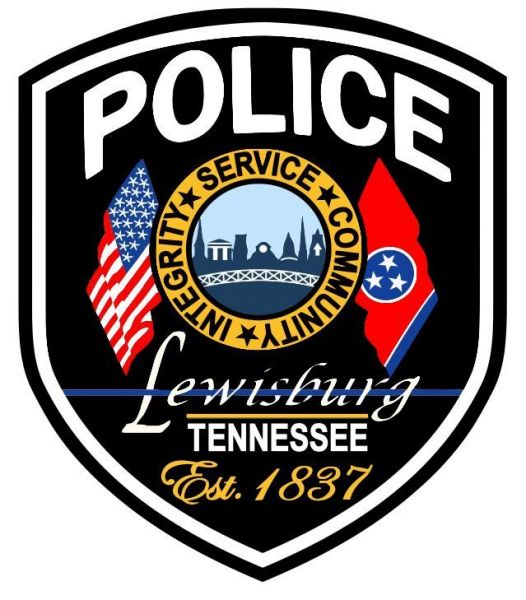Dial 9-1-1
- Tell the operator what the emergency is
- Wait for further instructions from the operator
- Don’t hang up until the operator tells you to
What is an Emergency?
- Any serious medical problem (chest pain, seizure, bleeding)
- Any type of fire (business, car, building)
- Any life-threatening situations (fights, people with weapons, etc.)

What information will the operator need?
- The location where assistance is needed
- Your name and phone number
- The nature of the emergency
- Descriptions of suspects, or additional information
Descriptive Information
- PEOPLE
- Sex
- Race
- Height
- Weight
- Age
- Clothing
- Any distinguishing features (glasses, facial hair, scars)
- VEHICLES
- Color
- Make
- Model
- Body Style (2 door, station wagon, etc.)
- License number
Which way the suspect did the suspect leave? Were they running, or in a vehicle? Were they going north, south, east, or west?
Helpful Hints
- Always listen to the police operator for guidance.
- The questions they ask are for the safety of the public and the officers.
- Just because they are questioning you, does not mean help is not on the way.
- Information is entered into a computer and dispatched by another operator. The officers may arrive while you are still talking to the operator.
- Remain on the line until told to hang up. The operator may need more information or to give you further instructions.
- Be familiar with your area. We can’t help if you don’t know where you are. NEVER intervene in a crime in progress.
What to do when you need help, but it's not an emergency.
Dial (931) 359-4044
- Tell the operator the problem
- The operator will ask you questions and tell you when to hang up
What are non-emergency calls?
- Property damage accidents (“Fender Benders”)
- Break-in to a vehicle (when suspect is gone)
- Theft of property (when suspect is gone)
- Vandalism (when suspect is gone)
- Panhandlers
- Intoxicated persons who are not disorderly
- Cars blocking the street or alleys
Some DON'TS for 9-1-1
- Never program 9-1-1 into a memory location or “speed dial.” It’s the one number you’ll probably never forget, but when this number is in memory, we get accidental calls from people pushing the wrong button.
- Never make a “test” call to 9-1-1. These occupy our operators’ time and tie up lines and equipment. The Metropolitan Government and BellSouth have designed the 9-1-1 network for high reliability, so it will work when you need it. False calls and test calls are a problem for us.
- Never call 9-1-1 and just hang up. Our policy on “hang up” calls is to call back and attempt to verify if there is an emergency. If we cannot verify to our satisfaction that everything is all right, our policy is to send police officers to the indicated address.
This is to ensure that a person who is incapacitated can receive help without having to talk on the phone. Unfortunately, many “hang up” calls are false, and we have wasted police manpower and resources to respond to them.
False calls cost you money, and tie up police officers who are needed on other calls.
The communications division monitors false calls, and when a pattern of abuse has developed, we have taken legal action against the callers.
Cellular Phone Users
If you dial 9-1-1 from a cellular phone, please remember:
- Stay calm. We will not receive location or phone number information on a cellular call, and what you tell us is the only information we will have to determine how to respond.
- Know where you are. We need location information from you, and we have to determine if you are within our police jurisdiction. If you are not, we will have to transfer the call.
- Know your mobile number. We will ask for it, in case the call is disconnected, and we have to call you back for more information. (And, leave your phone on so we can call you back.)
- Try to use the seven-digit number for the agency you are calling if your call is not extremely urgent (Remember, our number is (931) 359-4044). Sometimes this can be faster than using 9-1-1, because you directly reach the agency you need, without a call having to be transferred)
It’s a good idea to program the seven-digit numbers for all law enforcement agencies in your travel area in your phone, if it is equipped with a memory. (And remember, never program 9-1-1 into a memory location or “speed dial.”)
